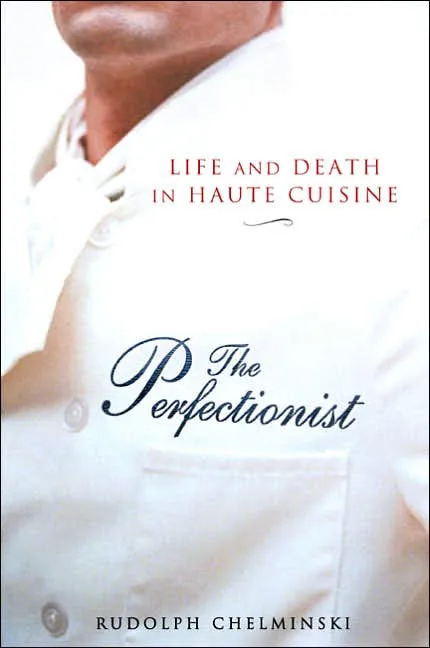Bound for Canaan; The Perfectionist
/https://tf-cmsv2-smithsonianmag-media.s3.amazonaws.com/filer/books_canaan.jpg)
Bound for Canaan: The Underground Railroad and the War for the Soul of America
The creation of the Undergound Railroad is shrouded in the mists of legend. Now Fergus M. Bordewich tells the long and complex history of a growing movement that freed slaves and eventually changed the fundamental nature of the United States.
The "railroad" was, of course, nothing of the sort, but rather a gradually developed, ultimately complex network of secret routes and safe houses that gave slaves in the American South a way to escape to freedom.
Bordewich begins with the remarkable Josiah Henson, a "conductor" on the railroad who had been born into slavery and who "would eventually become one of the best-known African Americans of his time." Throughout Bound for Canaan, the author introduces us to people who, like Henson, took actions, either to free themselves or to free others, that were illegal and in most cases dangerous. The sum of their heroic efforts was a great, finally irresistible wave that crested in 1863 with the Emancipation Proclamation.

The Perfectionist: Life and Death in Haute Cuisine
Rudolph Chelminski
Gotham/Penguin
In this meticulously reported book about the rise and fall of French chef Bernard Loiseau, we enter a world where the preparation of meals—memorable meals that can cost globe-trotting gourmands $1,000 or more for two—takes on near-cosmic importance.
In 1968, at the age of 17, Loiseau was hired as a lowly apprentice at a two-star restaurant in Roanne. There, his dutiful attention to detail, protean energy and admirable work ethic propelled him upward. Even though his training in classical cuisine was incomplete, he had, Chelminski writes, "vision to spare, along with a finely discerning palate that with the years was to develop into one of the best in the business."
By 1982, he had taken over La Côte d'Or in the town of Saulieu and earned a coveted three-star Michelin rating.
But for a perfectionist, life is never perfect. Loiseau's mania turned him into a rule-bound martinet (even though the rules were his own). And if "le style Loiseau" was delectable, it was also inflexible. When change, in the form of Asian fusion cuisine, began to sweep the kitchens of France in the late '90s, Loiseau resisted, with fatal consequences. The death in the book's subtitle came on February 24, 2003, when Loiseau—his business crippled by reduced travel after 9/11, his confidence shaken by a rumor that La Côte d'Or might lose its third star (a rumor he may inadvertently have started himself), his depression deepened by exhaustion—killed himself with a shotgun. Chelminski sees his subject as a tragic hero brought low by gimmicky chefs catering to crass appetites.
The Perfectionist should be read by anyone who cares deeply about the art of cooking and the passions that simmer behind closed kitchen doors. And once Chelminski stops selling the importance of French cuisine, even readers unconcerned about butter's role in 21st-century Paris will find the book compelling.
Fergus M. Bordewich
Amistad/HarperCollins